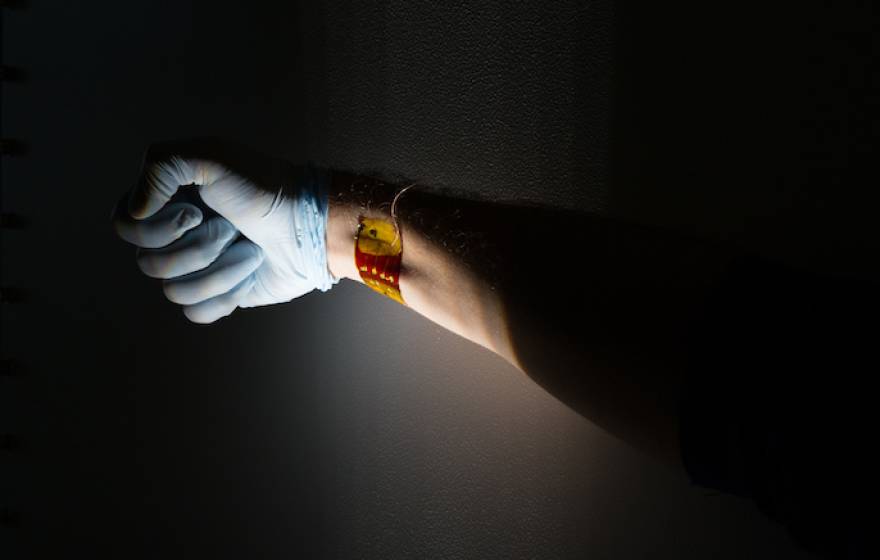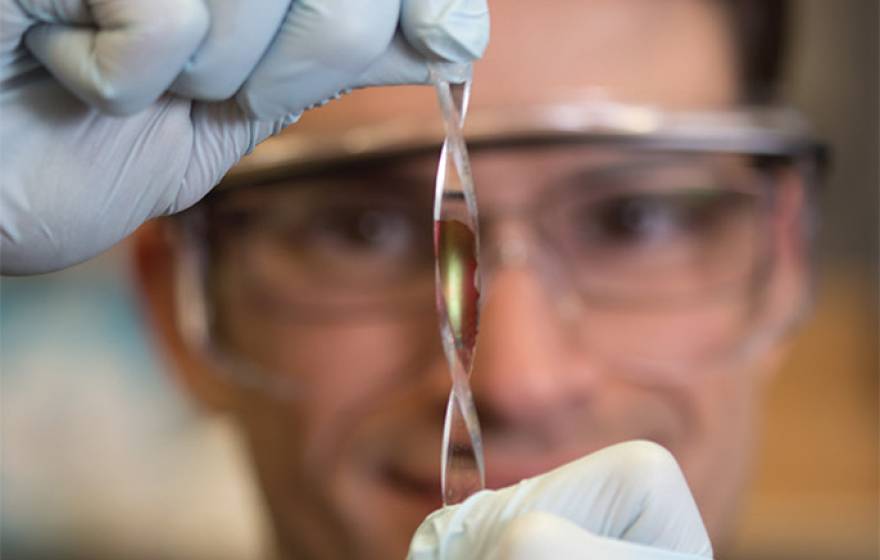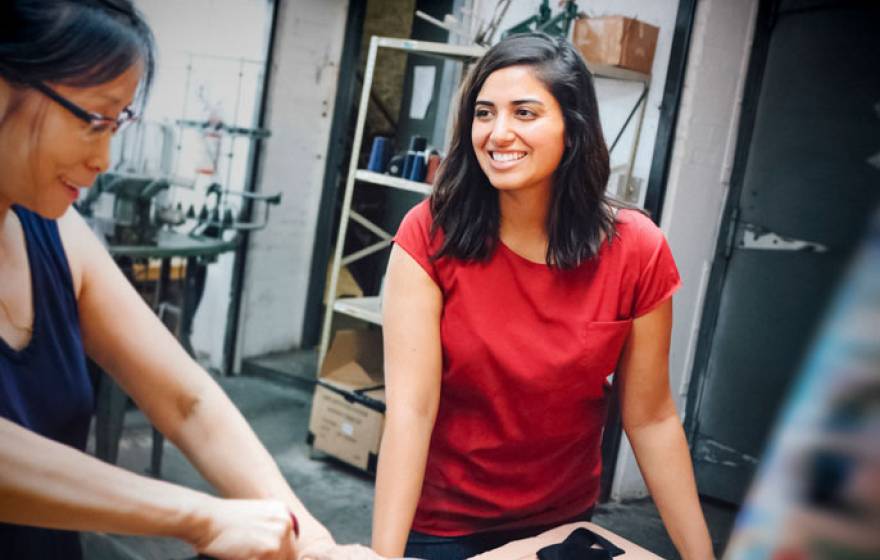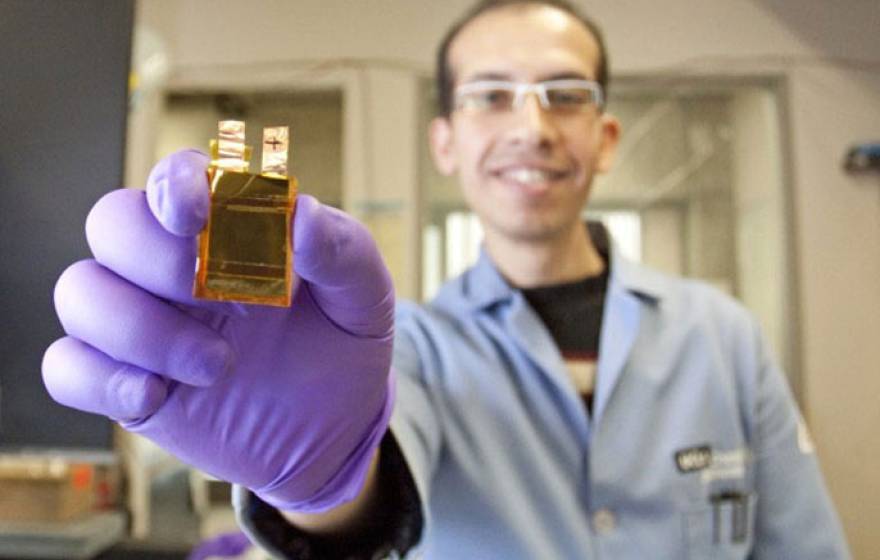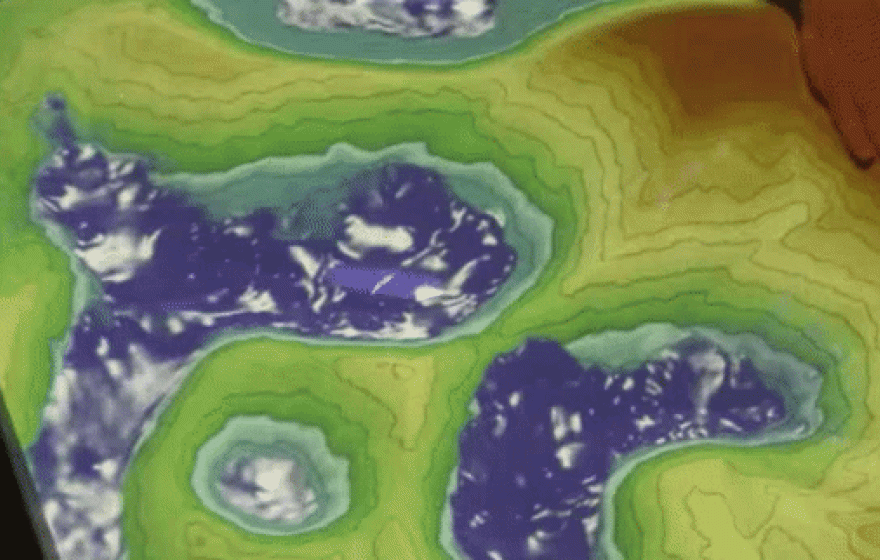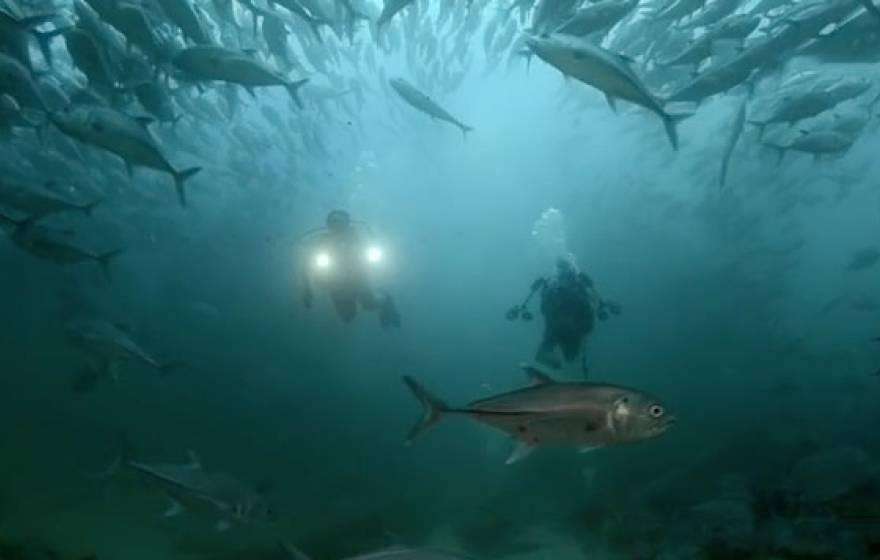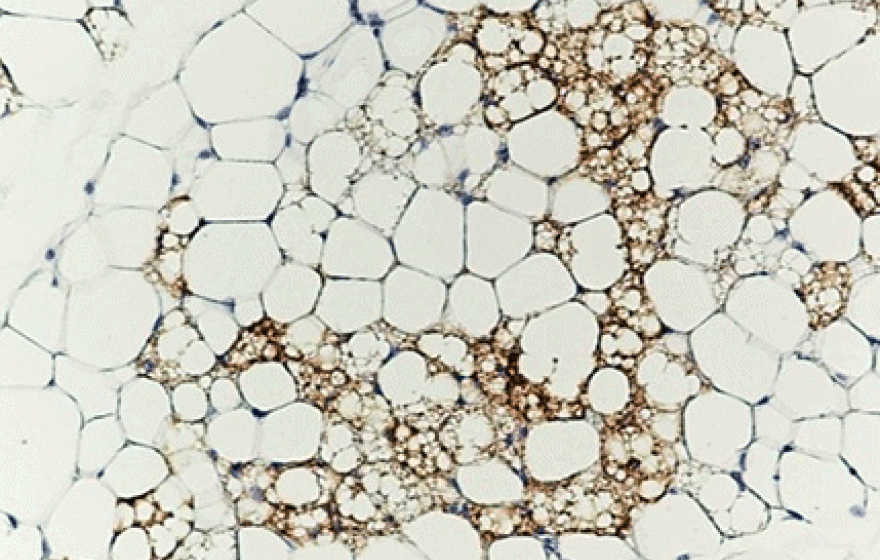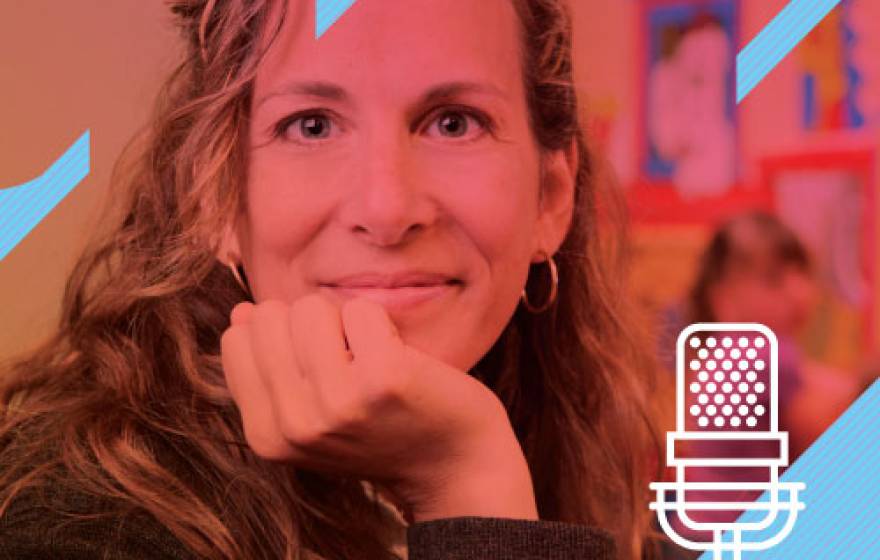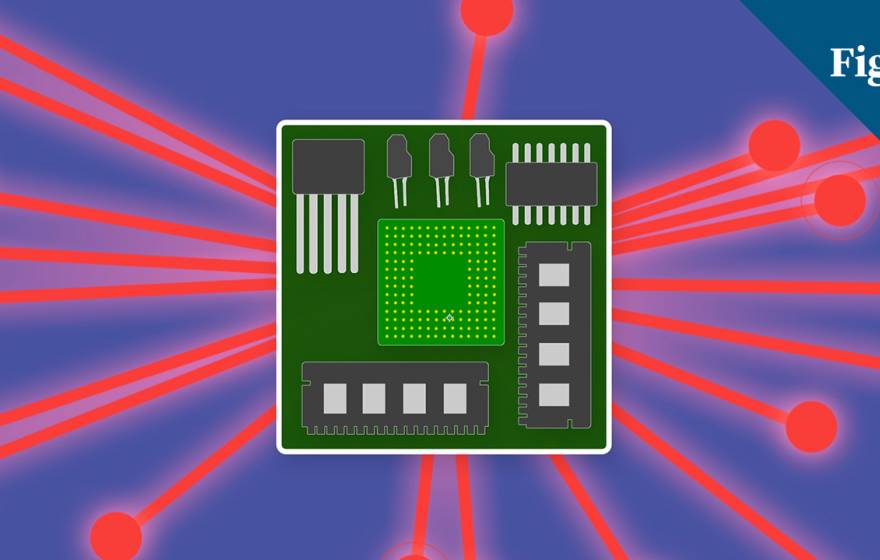UC San Diego nanoengineers bring an entrepreneurial bent to solar cell research.
The flexible, durable solar cell
UC names Christine Gulbranson senior vice president for research innovation and entrepreneurship
The University of California Board of Regents today (May 12) approved Christine Gulbranson as senior vice president for research innovation and entrepreneurship at UC’s Office of the President.
UC’s climate of innovation pays off for California
UC is increasingly playing a pivotal role in the California economy as a driving force behind successful startups.
Democratizing manufacturing, thanks to UC San Diego alumna
Maker's Row helps DIY artists realize their visions in U.S. factories.
10 game-changing grad student startups
UC graduate students are California's startup machine, launching one new startup every two weeks.
Agricultural start-ups get boost from big firms and investors
The new AgTech Accelerator will get ideas for new companies and expert advice from various universities, including UC Davis.
UC Davis researchers breeding new strawberry varieties
The UC Davis Strawberry Breeding Program has been averaging one new variety per year since 1968 that it will produce and make available for sale to commercial growers.
High-tech sandbox puts research in the palm of your hands
Campus innovations, such as an augmented reality sandbox from UC Davis, featured at an NSF exhibition on Capitol Hill.
Searching the deep sea for new antibiotics
In the face of rising drug resistance, UC San Diego scientists are on a voyage to find never-studied bacteria.
A synthetic implant that can produce energy-burning 'good' fat
Breakthrough study reveals biological basis for Sensory Processing Disorder
More common in children than autism, SPD has only recently gained recognition as a distinct neurological disorder. UCSF's Elysa Marco explains how her team's groundbreaking research may lead to a greater understanding of the condition, as well as better diagnosis and treatment.
Lasers could make the Internet faster – and cleaner
Tiny lasers could overcome the current speed limits on the Internet and lower the information revolution's carbon footprint, UC San Diego researchers say.
